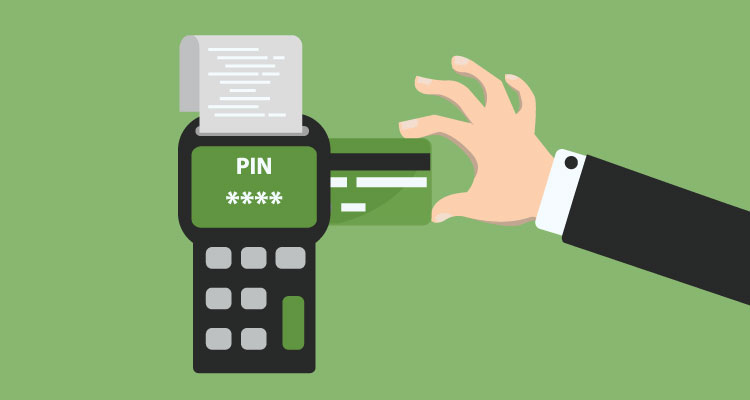A recent survey found that 43 million Americans carried a credit card balance to help improve their credit score. But there’s a big problem with that strategy: carrying a balance does not help your credit score! This is one of the most popular myths with credit and something you should avoid. Follow along to learn why you should aim for a $0 balance every month and the best steps you can take to build or maintain an excellent credit score.
Do not carry a credit card balance
According to a 2018 CreditCards.com survey, 22 percent of respondents carried a credit score because of the mistaken belief that carrying a balance helps your credit score. I can’t tell you how many times I’ve come across this myth, but we need to stop it once and for all. Carrying a balance does not help your credit score. While keeping your credit card balances below around 10 percent to 20 percent of your total available credit limits is essential for a healthy credit score, the best credit card balance for your credit score is zero.
I pay off my credit cards in full every month to avoid paying interest, but a recent month gave me a big wake up call on just how much your credit card balances influence your credit score. For just one month, I had balances about double my usual due to a few household projects. My credit score dropped by about 80 points even though my utilization was still below 5 percent. That took my score from around 830 to around 750. Paying off those balances to zero brought my score right back up to the 830 range. It is evident what happened and how much it impacted my credit score.
Don’t make the mistake of following the big myth. Always pay off your credit cards every month. That is the right way to move toward an excellent credit score. After all, your credit account balances make up the second most significant portion of your credit score.
Never pay your credit card bill late
The survey also found that 42 percent of cardholders have missed at least one payment. Your payment history is the largest contributor of all factors in your credit score, so you should never neglect this critical area of your personal and business credit card management. Between your payment history and your account balances, you determine over half of your credit score.
According to the survey results, 48 percent of women missed at least one payment while 35 percent of men admitted to missing a payment. But the most common reason for missing a payment is easy to avoid: forgetting. If you were to turn on automatic payments for your credit cards, you would never, ever miss a payment. It is that simple!
The second most common reason to miss a payment is much more difficult. 35 percent missed payments due to not having enough money. It is important to never make purchases on a credit card that you cannot afford to pay back in full every month. You never have to pay a cent in interest or fees if you always pay your credit card bill in full and on-time. Whatever it takes to do that, make it happen for your own credit.
Build good credit habits to reach your personal finance goals
Your personal credit card and business credit card are core parts of your finances. If you maintain good credit habits, you should see your score slowly rise into 800+ territory. If you ignore your credit, carry a balance, or make late payments, your score will quickly drop to bad credit territory. Bad credit can cost you big, so keep these rules in mind when managing your credit cards.
















